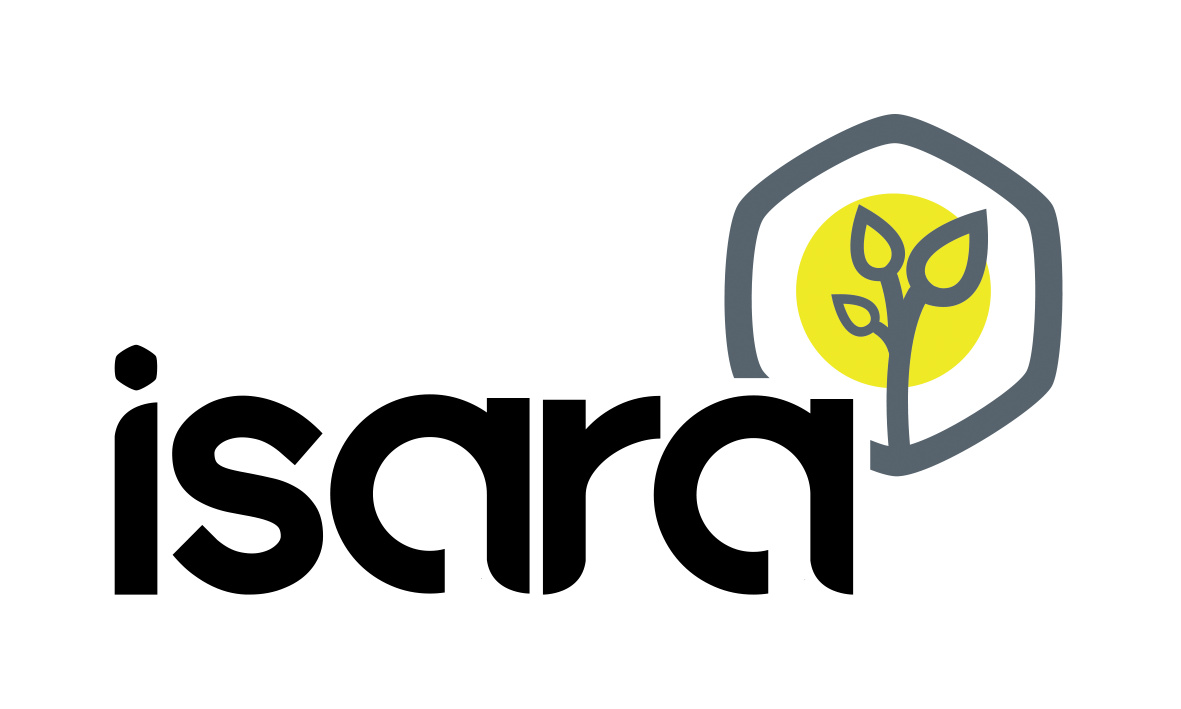Study of the factors affecting the transfer of pesticide products to piscicultural ponds in Dombes, a wet continental region associating pastures and arable crops
Etude des facteurs de transfert des produits phytosanitaires vers des étangs piscicoles en Dombes, zone humide continentale associant prairies et cultures
Résumé
There is in Dombes an agro-piscicultural system aiming at an integrated and complementary management of the fish-breeding ponds and of the arable lands of their catchment basins. A tendency to increase cereal growing to the cost of the forage area is noticeable in the territory; what can be its effect on the ecosystems of the ponds and on the transfer of active pesticide substances ? The description of the landscape make-up of a sample of the catchment basins of ponds shows a combination of cereals, pastures and woods. The contrasting situations regarding the risk of transfer were analysed by means of a site-grading method. Prior to the study of the fate of the pesticide molecules in the pond ecosystem, this approach, based on spatialised information and on data collected on the ground, led to the creation of a tool for the selection and characterization of pertinent sites. The first analyses showed that the number and concentrations of active substances in the samples taken from areas where cereals were dominant were on average markedly larger
than in those from forage-growing areas.
La description de la composition paysagère d’un échantillon de bassins versants d’étangs montre une combinaison de céréales, prairies et forêts. L’analyse de situations contrastées du point de vue du risque de transfert à l’aide d’une méthode de hiérarchisation des sites a été réalisée. En préalable à l’étude du devenir de ces molécules dans l’écosystème étang, cette approche basée sur une information spatialisée et des données de terrain conduit à l’élaboration d’un outil d’aide à la sélection et à la caractérisation de sites pertinents. Les premières analyses indiquent que le nombre et les concentrations en matières actives présentes dans les prélèvements réalisés dans des zones à dominante céréalière sont en moyenne nettement supérieurs à ceux effectués en zones fourragères.
Domaines
Sciences du Vivant [q-bio]| Origine | Fichiers éditeurs autorisés sur une archive ouverte |
|---|


